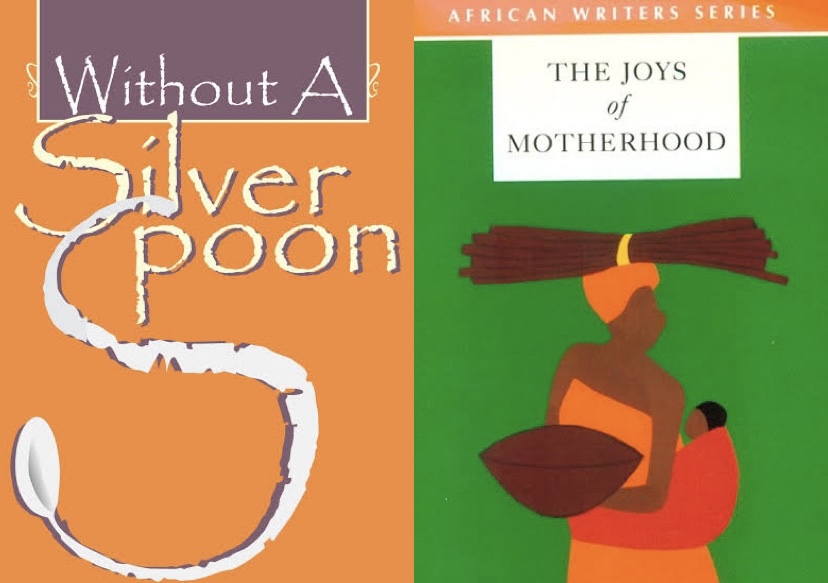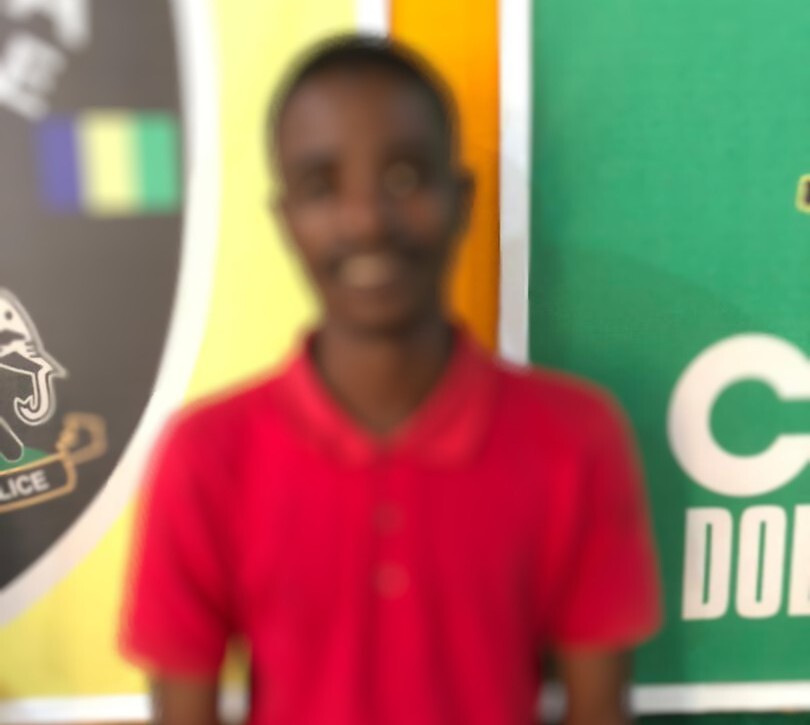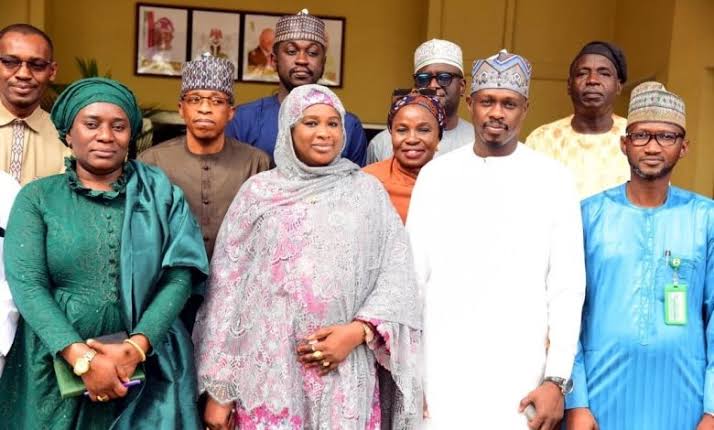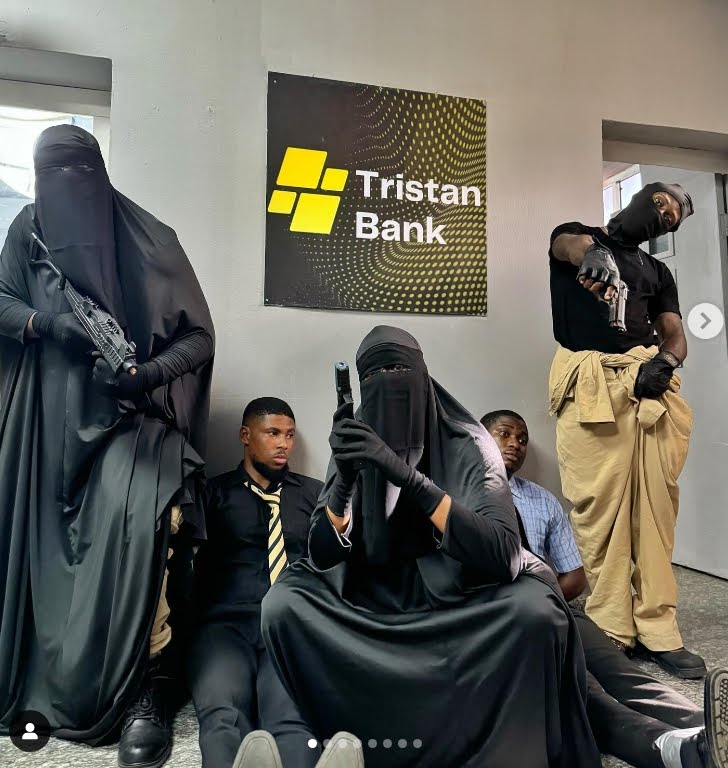Nigerian authors have gifted us with numerous timeless books, each with its own rich and intriguing storyline. Some of these stories look into the complexities of life in Nigerian society, exploring themes of social change, colonialism, and the human spirit.
Additionally, some of these books were incorporated into the literature syllabus in Nigerian secondary schools. Not only do they open up our minds to the complex life stories of the characters, but they also have a nostalgic feel to them.
In this article, we shall explore six unforgettable Nigerian books from the pre-2000 era
1. Things Fall Apart by Chinua Achebe (1958)
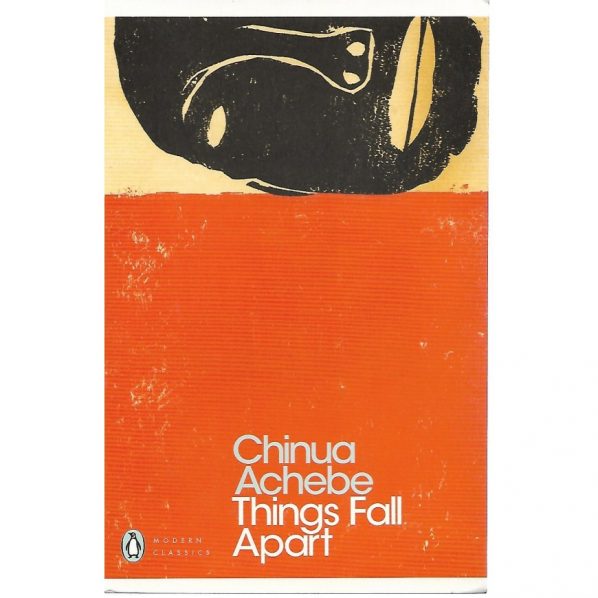
Written by Chinua Achebe, “Things Fall Apart,” is a book that continues to define African literature, years after its release. Set in the late 19th century, the story centers on Okonkwo, an Igbo warrior and leader in the village of Umuofia. Achebe shows Okonkwo’s struggles as his world begins to crumble with the arrival of the Christian missionaries and British colonizers. The novel’s title takes inspiration from W.B. Yeats’ poem “The Second.” It symbolises the disintegration of Igbo society under colonial rule.
2. The Joys of Motherhood by Buchi Emecheta (1979)
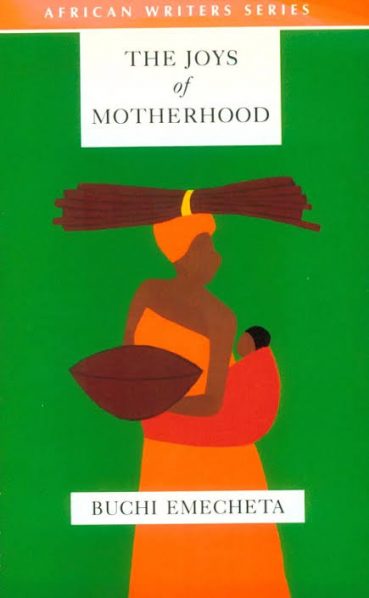
A powerful feminist book, “The Joys of Motherhood,” tells an interesting story of Nnu Ego, a woman whose identity and self-worth are in comparison to her childbearing ability. Set in colonial times, readers see the sacrifices and complexities that define Nnu Ego’s life.
Additionally, readers see the complexities of societal pressures, and the heavy demands of motherhood. The book explores themes of gender roles, economic hardship, and traditional and modern values clashing as the story’s society rapidly changes.
3. Efuru by Flora Nwapa (1966)
“Efuru” by Flora Nwapa is the first novel by an African woman to be internationally published. The main character, Efuru, is a strong independent woman who goes against societal expectations in her search for fulfillment. The storyline explores Efuru who loves the idea of love but goes on to have two failed marriages and loses her child. The story portrays women’s lives and the cultural expectations placed on them.
4. Without a Silver Spoon by Eddie Iroh (1981)
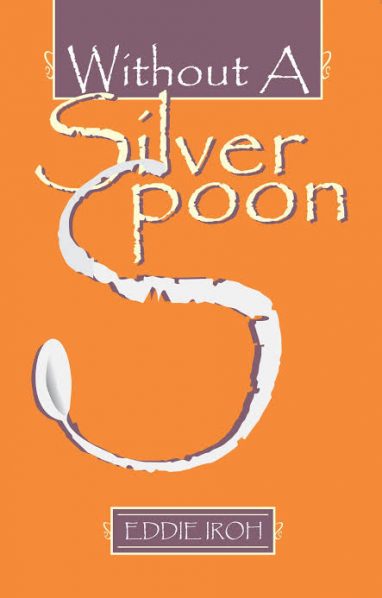
A humourous book, Eddie Iroh’s “Without a Silver Spoon,” is a recommendation for children to read due to its character-building storyline. The book tells the story of a young boy, Uru, who lives in poverty with his parents. He works hard as a housekeeper to pay his tuition fee and is consequently accused of theft. The book is full of moral lessons on honesty and integrity.
5. The Palm-Wine Drinkard by Amos Tutuola (1952)
Set in a mystical land with Yoruba folklore and mythology, the book follows the adventures of a god known as the Palm-Wine Drinkard. The god called the ‘father of gods who could do anything in the world,’ yearns to bring his beloved, yet deceased palm wine tapster to life. The book is gory with mentions of monsters and supernatural creatures.
One standout quote from the book that explains a beautiful man is, “If bombers saw him in a town which was to be bombed, they would not throw bombs in his presence, and if they did throw it, the bomb itself would not explode.”
READ ALSO: Like Bridgerton, Five Must-Read Books For Ladies
6. The Concubine by Elechi Amadi (1966)
Set in a Nigerian village, “The Concubine,” is a tragic love story with misfortune. It tells the story of Ihuoma, a beautiful village girl whose relationship with men who love her ends tragically. Finally, the book is a love story full of yearning, hope, and cultural traditions that shaped the fictional village.

